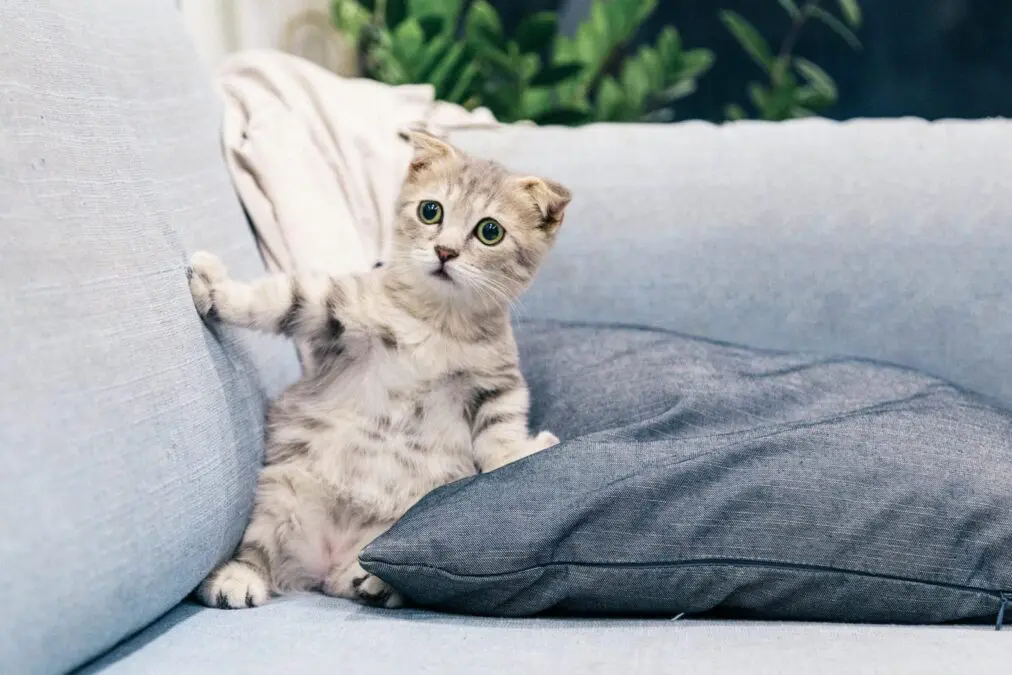dangers for cats – All through the long and hard winter, summer is the only thing we think about. When it happens – we are all more than happy and can now quite calmly even start to complain about the heat. While we take care of ourselves, drink more water and wear a hat in the sun, we should not forget our pet.
Whether your purring pet lives inside or goes outside periodically, there are some risks for them during the hot months.
1. Shedding of fur
With the warmer weather, your cat may begin to shed the fluffy winter fur to replace it with lighter summer fur. This can lead to hairballs or more serious problems. This is a period when purring animals may ingest more fur than usual as they wash frequently. This can lead to hairballs or vomiting and even some dangerous blockages that require veterinary attention. To deal with the situation, it is important to regularly brush your pet more often than usual to remove dead fur. That way it will stay on the brush instead of going into the cat’s stomach.
2. Risk of skin burns
The good thing about this danger is that it is quite rare in domestic cats. An exception exists in the hairless representatives, such as the Sphynx, as they have no fur to protect them, which makes them a good “target” for the scorching rays of the sun.
Although you will rarely notice your cat lounging by the window in the heat of the day, still – provide enough shade or even move the purring pet to a cooler place.
3. Heat stroke
Hot temperatures are not only dangerous for us, but also for pets. Heatstroke is a scary thing, and it can look a little different in cats than you might expect. Cats don’t normally breathe with their mouths open, so any dog-like panting is a problem. Also, any lethargy or difficulty walking requires prompt veterinary attention.
If you suspect that the cat is warmer than it should be – you can use lukewarm water and spread it on the cat’s belly, paws or ears. However, if you are concerned that your purring pet is not looking well – see your vet. Older cats, kittens and those with illnesses are prone to heat stroke.
Signs of heat stroke include high body temperature, rapid heart rate, rapid breathing, stumbling, lethargy, vomiting and sweaty paws.
4. Insect bites or stings
Whether a purring pet lives outdoors or indoors, the danger of insects exists. Of course, indoor cats are less likely to be bitten or stung, but the risk is there. For purring friends walking outside – the danger becomes very real. Therefore, do not miss the deworming of the pampered pet. While this alone will not save the cat from being bitten, it will protect it from possible parasites and diseases that the insect may infect it with.
Although this is the favorite season for many of us, we should not underestimate the risks of warm weather and taking care of the pet. Even if your cat stays at home – provide it with enough shade and fresh water to drink from at any time.







